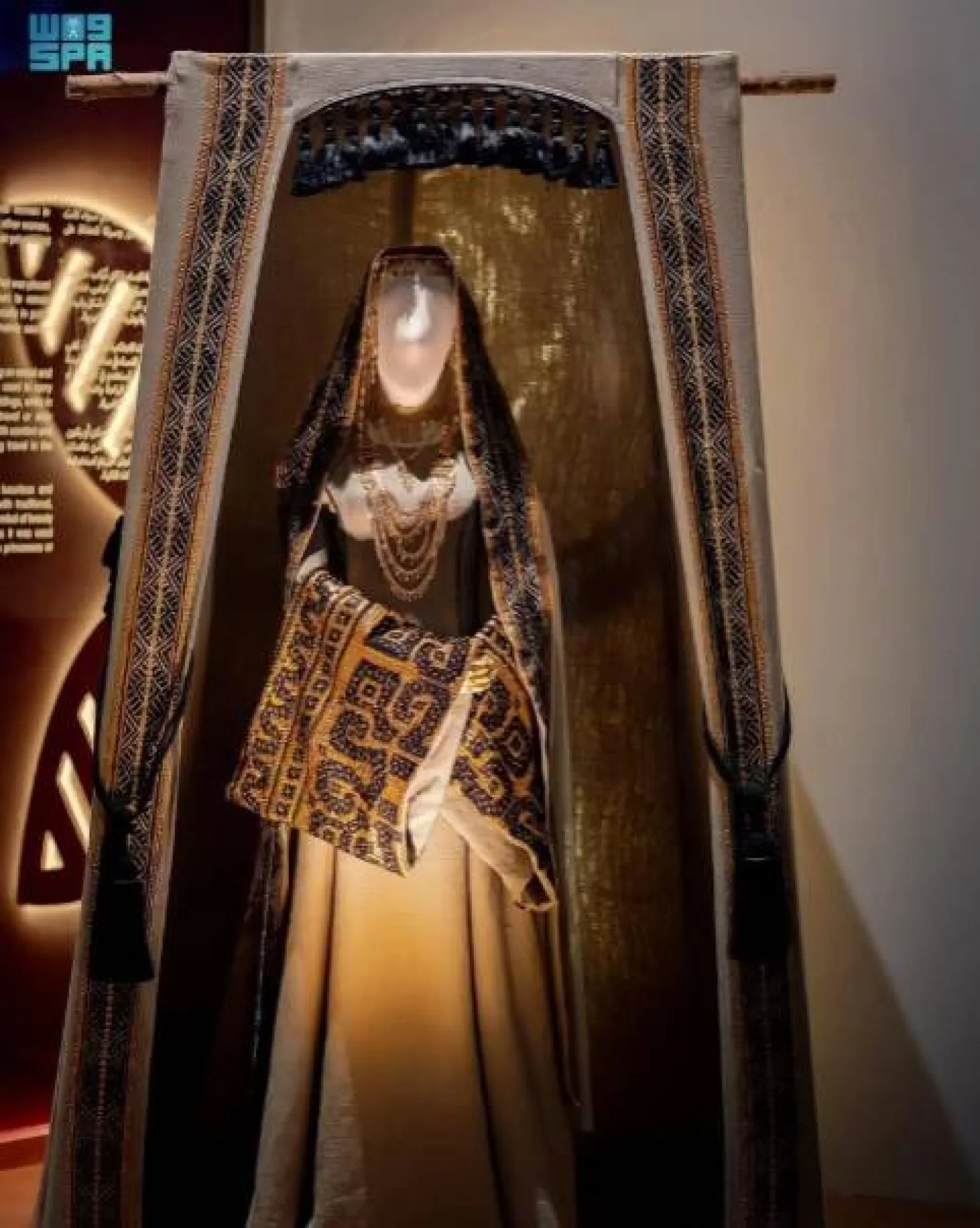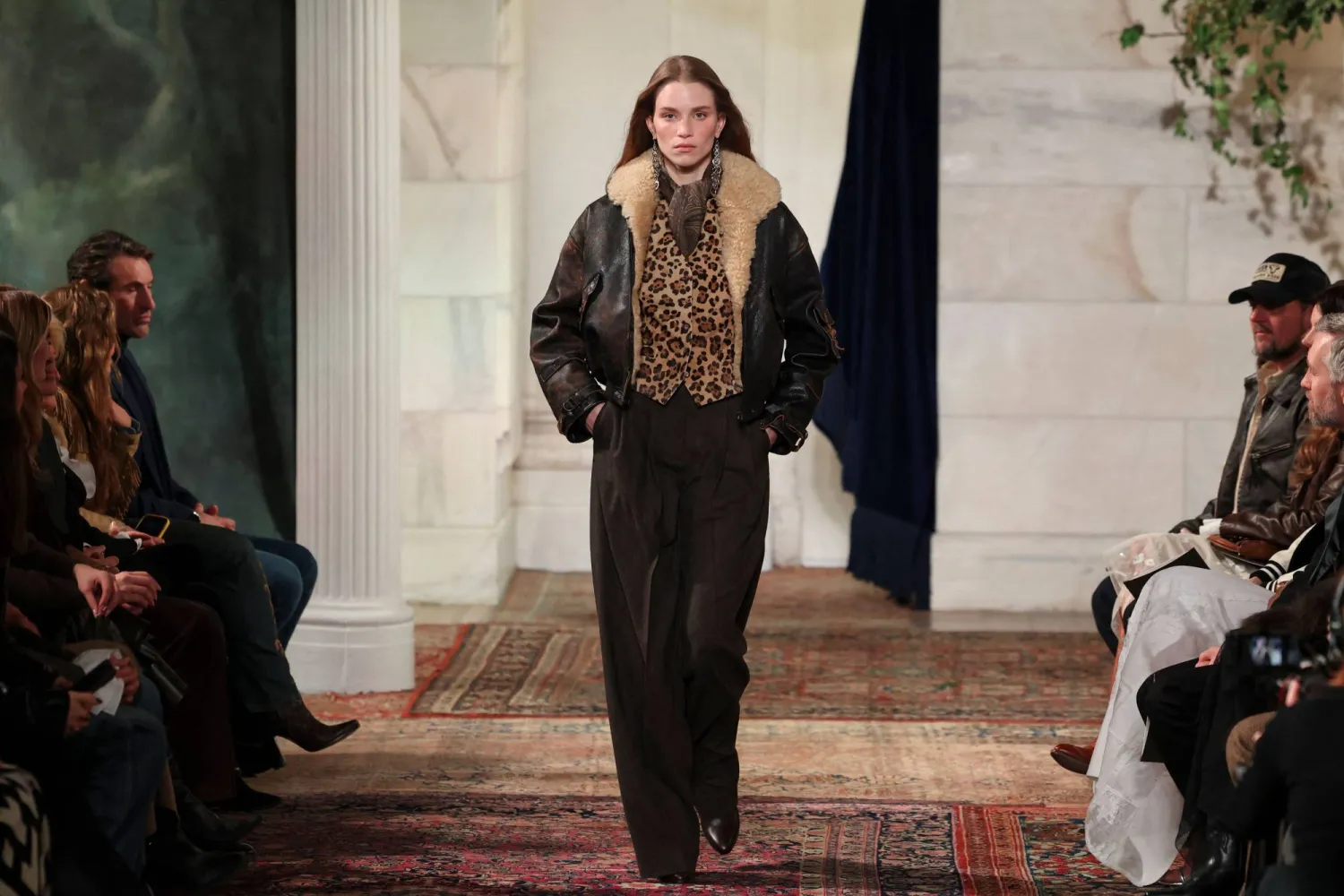Amid the rhythmic clatter of traditional wooden looms, artisans at a workshop in rural Burkina Faso spin indigo-dyed cotton into sprawling lengths of cloth, destined for modern suits designed by the nation's foremost couturier, Reuters reported.
Twenty years ago, Paris-based fashion designer François Yameogo returned to his native Burkina Faso to build a facility specializing in making Faso Danfani, the country's traditional fabric, for use in his signature indigo sport coats.
That workshop is now at the center of a Faso Danfani resurgence, after a recent edict by the nation's military leaders named the hand-woven material the official state dress, mandating its use at state functions and in school uniforms.
"We've been inundated with thrift store products...(but) our cotton is pure," said Yameogo, sitting behind a cluttered workbench in his shop, about 100 km (62 miles) west of the capital Ouagadougou. "It is up to us to value it and to use it."
The West African country's economy leans heavily on its cotton industry, often termed its "white gold" for employment opportunities and export revenues.
But the import of used clothing from wealthier countries offers inexpensive alternatives to locally produced materials, effectively pricing them out of the market.
This keeps domestic fabric prices artificially low, deters investment in modern technology and exacerbates poverty, according to the United Nations food agency.
Yameogo, a former intern under renowned American fashion designer Marc Jacobs, began integrating Faso Danfani into his collections in hopes of endowing them with a neo-contemporary flair capable of drawing the fabric into the global fashion spotlight and securing higher returns for local artisans.
"We process only 3% of our cotton locally, but we want to reach 20 to 25%," he said. "I think we're going to get there."
The ruling junta's Faso Danfani mandate is already visible among officials sporting Yameogo's creations, including the prime minister. The trend will intensify come October when schools reopen after summer vacation.
Meanwhile, the fabric's international presence is expanding.
Yameogo's most recent collection was the highlight of a Faso Danfani-themed catwalk event in Paris last month, hailed by a diverse audience clothed in the age-old fabric.









